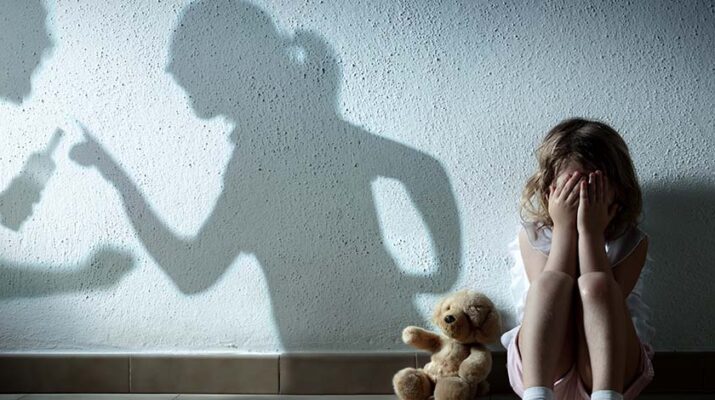Children should be made aware stressors aren’t their fault and they aren’t responsible for trying to fix it
By Deborah Jeanne Sergeant
Stress is a part of life, whether it is acute stress, such as a car accident, or chronic stress, such as completing daily tasks on time.
The emotional and physical impact of a car accident can leave children feeling scared, anxious, and overwhelmed. It’s important to seek the help of a qualified lawyer who can guide you through the legal process and assist in protecting your child’s interests, you could try here.
Stress can be unpleasant, like the aforementioned car accident and even enjoyable, such as planning a surprise party, bringing home a new baby or receiving a promotion.
The pandemic has brought nearly ubiquitous stress and nearly all of it is difficult stress. Regardless of the cause, stress affects children negatively.
“Teens are absorbing a lot of it, especially the politicizing of the pandemic,” said Brittany Chenenko, who has a master’s in education and is a permit-holding licensed mental health counselor with Employee of Cleveland Emotional Health in Geneseo.
Chenenko added that other hot-button issues, from climate change to identity issues to pandemic protocols have become highly polarized and political. She heard from colleagues that even children as young as middle schoolers have become much more aware of politics than previous generations, to the point where political strife may represent the hallmark of the current generation.
“Nearly everything they’re bringing into the room is politicized, which is polarizing,” Chenenko said. “There’s not a lot that isn’t black and white. You can’t be in the middle.”
To mitigate the stress in the household, parents need to make their children feel free to share their thoughts, which can lead to brainstorming ways to feel more in control.
“If climate change is freaking them out and they feel the government isn’t listening, they can’t vote yet, but they can get involved in a litter clean-up, recycling drive to give them a feeling of participating and helping in what they’re worried about,” Chenenko said. “There will be times those kids will feel like this won’t change the world. But reinforce that they’re making small changes now and as they get older, they can make bigger and bigger ones.
They are contributing to what they believe in.”
By finding healthy ways to control things, teens have lower risk for turning to unhealthy ways to feel in control, like drugs, alcohol and self-harm.
But children should also be made aware that stressors are not their fault and that they are not responsible for trying to fix it, especially family and political problems.
Exposure to excessive news can ramp up stress in the household. Christina McCann, Ph.D., a psychologist in private practice in Rochester, advises limiting exposure.
“For younger kids, you would protect them more from information,” she said. “Older kids will have questions. Adolescents may be self-focused and not know what’s going on. Let yourself be a resource for whatever is going on.”
Turning inward can also help families manage.
“Have some protected time where the family comes together and hangs out, whether snuggling on the couch, device-free time, as that’s been problematic before and it’s now on steroids,” McCann said. “It’s healthy for families to get away from phones and tablets. Play board games or bingo blackout together. Have a family; go for a walk after dinner. Get outside.”
Especially if one child is struggling and needs extra attention, take time to give one-on-one attention to the other children, too. Acknowledge their strong points.
To manage day-to-day stress, it helps for parents to remain open to talk about what is going on in their children’s lives.
“Have an open forum and give them the opportunity to hear where they are coming from,” said Mathew John Devine, doctor of osteopathic medicine with Highland Family Medicine.
Further resources at school, community counselors or places of worship can help as well.
Teens may also need reminders that no family is perfect, but families continue to work on their relationships. Parents should also talk about how they feel, even when they feel stressed.
“People feel like they have to hide that when in fact, I have people share with me in a private setting,” Devine said. “Nine out of 10 or maybe 10 out of 10 have significant stress going on.”
It is not giving up feeling “OK with stress being a part of life, focusing on what you have to be thankful for. That’s vital,” Devine added.

